About Us
Researchers + Clinicians
Parents
Keep up to date with the latest news, research and events from the Stillbirth CRE.

Level 3, Aubigny Place
Mater Research Institute
Raymond Terrace,
South Brisbane QLD 4101
The University of Queensland Faculty of Medicine